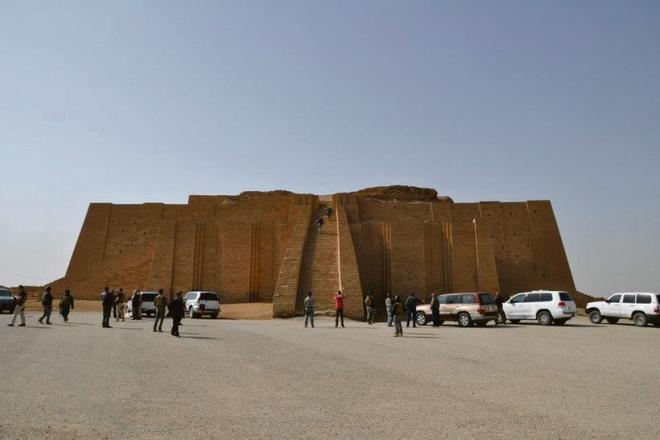IRAQ has a rich ancient history dating 10,000 years, but many of its ancient monuments have been destroyed or damaged by the last decade’s war and others are still being looted. The Slovak Archaeological and Historical Institute (SAHI) will conduct archaeological research in the ancient Sumerian city of Umma (present-day Tell Jokha). The site, abandoned since the times of ruler Hammurabi (who died in 1750 BC), has never been thoroughly excavated, and has thus been especially vulnerable to looting.
The SAHI’s manager, Drahoslav Hulínek, informed the SITA newswire that the first ever Slovak archaeological excavation in Iraq is due to begin this September. The area to be researched is 80 to 90 hectares in size, and the goal is to determine the most accurate chronology of the long-term settlement in this locality. The decision to go ahead with this project was made after the SAHI tried to renew its archaeological activities in the Middle East. They were working in Syria since 2006, but the protracted civil conflict there forced them out of the country.
An additional source of Slovak aid will go towards efforts to revive and re-open the currently closed National Museum in Baghdad, more specifically, its Sumerian Pavilion. Iraq is known as the cradle of civilisation, and thus rescuing its heritage is important for all of humanity, the head of the Iraqi State Council for Antiquities and Cultural Heritage and the advisor of the Tourism and Antiquities Minister, Bahaa Mayah, said at a press conference in Bratislava on March 12. Slovaks will, together with Iraqis, study Umma, but also protect it from looters. After British, Italian and US archaeological expeditions, the Slovak team will be the fourth to work in post-war Iraq.



 Umma,Iraq. (source: Courtesy of SAHI)
Umma,Iraq. (source: Courtesy of SAHI)